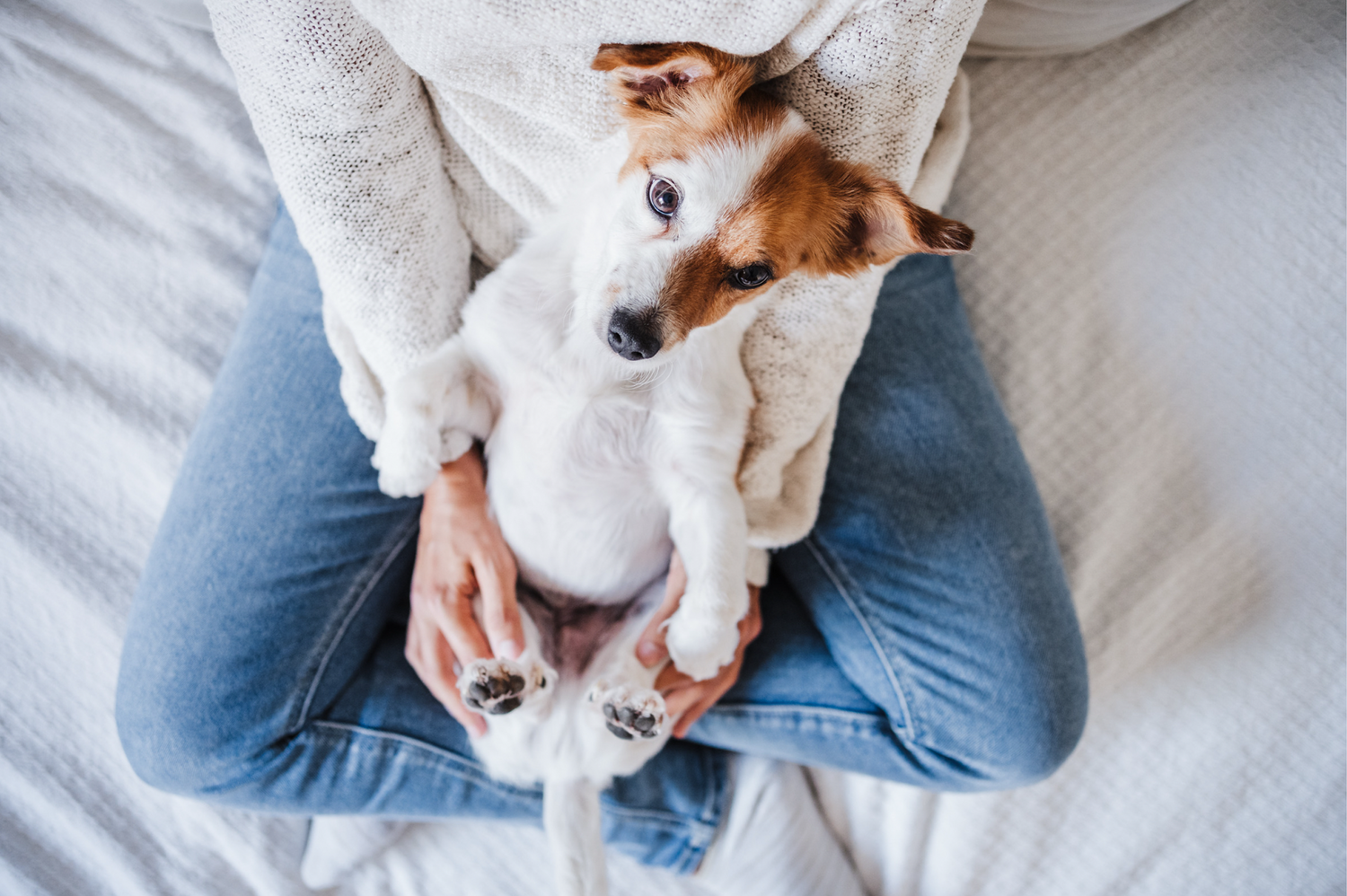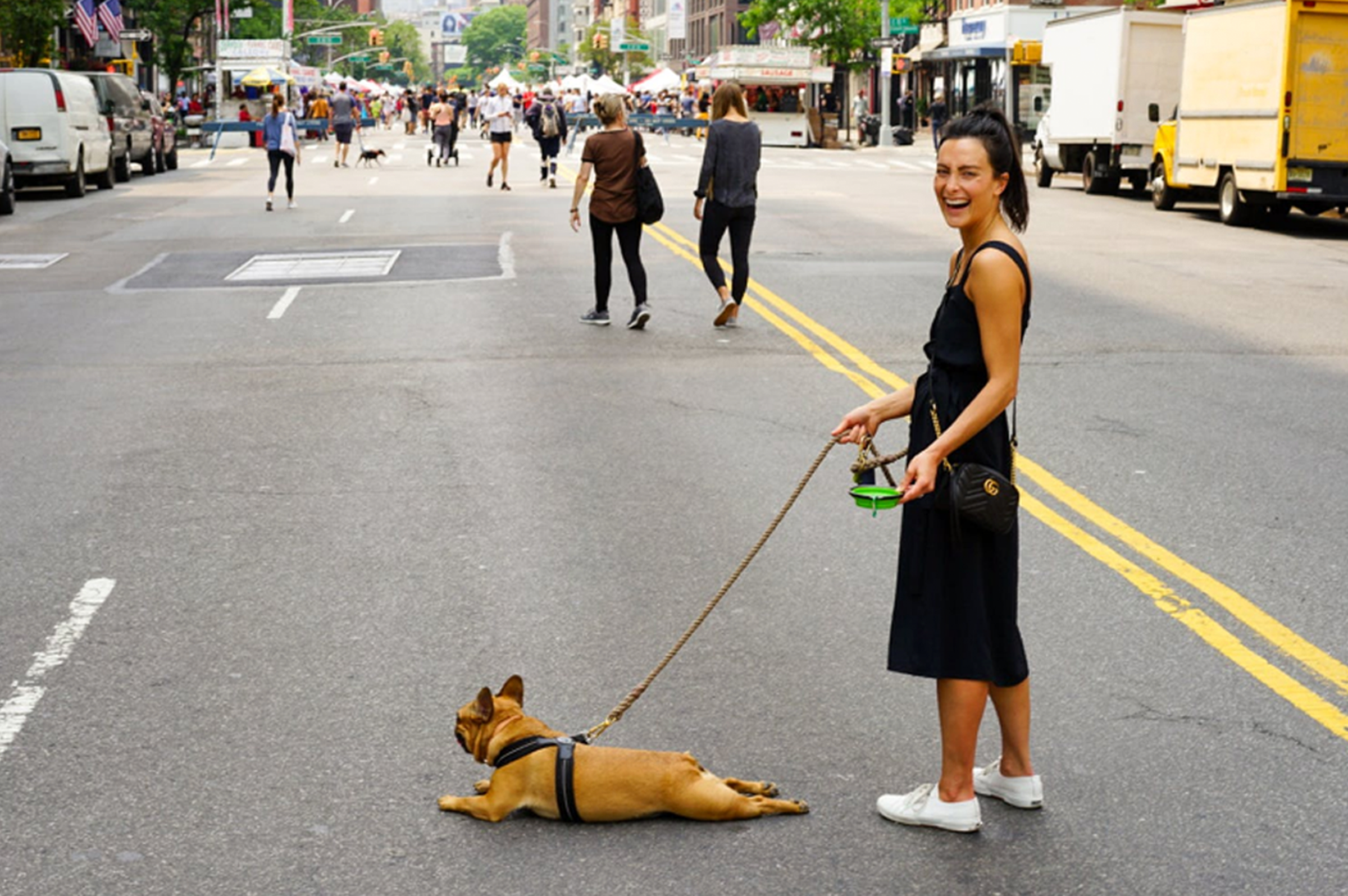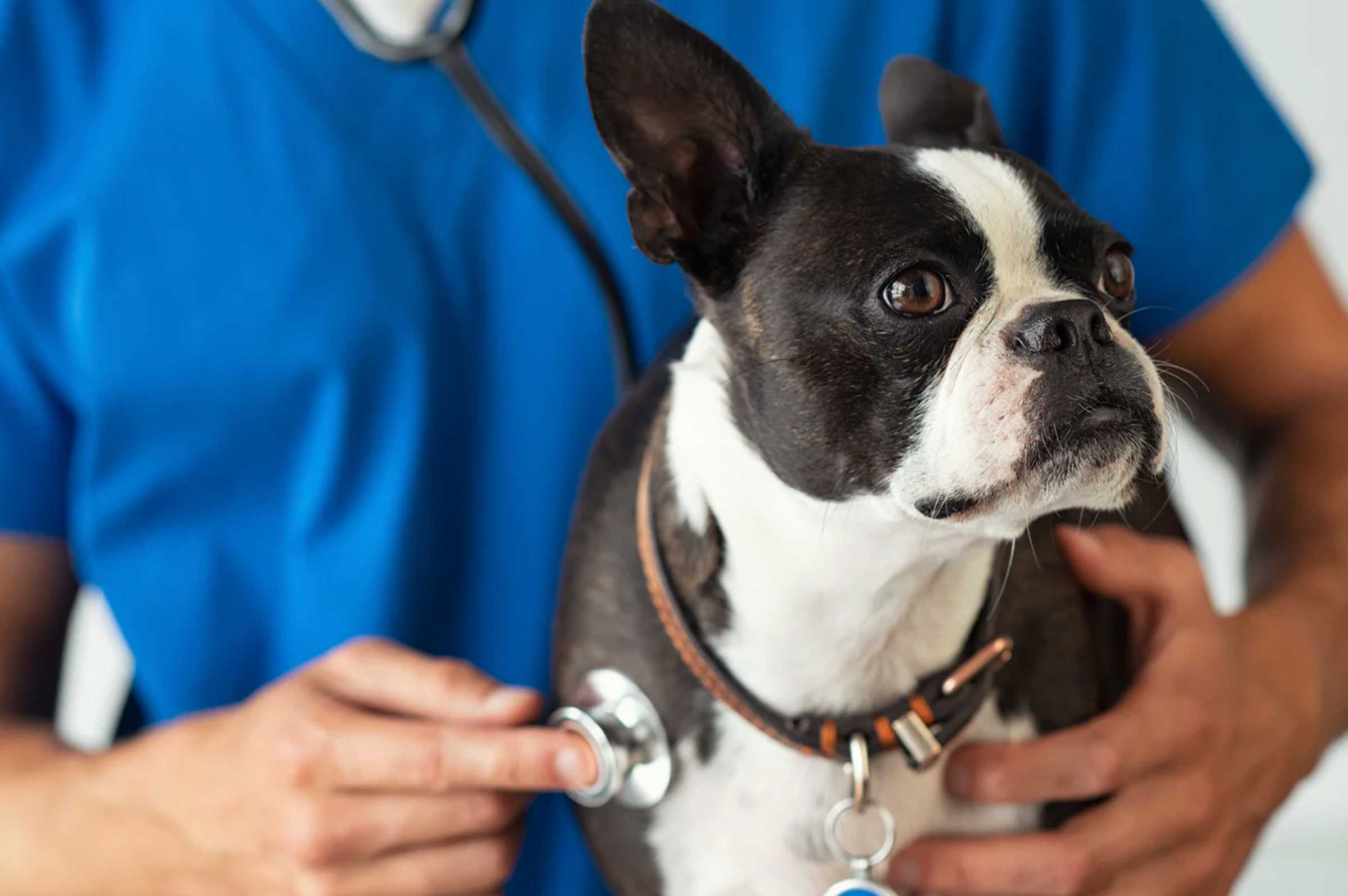Watching your loyal companion struggle with anxiety can be heart-wrenching. Anxious behaviors in dogs may manifest as whining, pacing, or even destructive chewing. While there's a myriad of commercial products available to help soothe your pet's nerves, exploring natural ways to reduce anxiety can offer a gentler approach. In this blog post, we’ll delve into some methods to help ease your canine's anxious moments.
Understanding Canine Anxiety
Before we explore solutions, it's important to understand that like humans, dogs experience anxiety due to various reasons. This can range from separation anxiety to noise phobias or simply changes in their environment. Recognition of these triggers is the first step towards helping your pet.
Create a Safe Space
Ensuring your dog has a safe, secure place to retreat to when feeling overwhelmed can make a world of difference. This might be a quiet corner of your home with a comfy bed or crate that they can associate with feelings of security and calm.
Exercise: A Natural Stress Reliever
Regular physical activity is not just good for your dog's physical health but also for mental wellbeing. Exercise helps to:
- Burn off excess energy that might otherwise feed into anxious behaviors.
- Release endorphins which naturally promote a sense of peace.
- Establish a routine, which can help reduce anxiety in dogs that enjoy predictability.
Choose the exercise that best suits your dog's breed, age, and health status. For breeds that are prone to arthritis, or dogs that already have arthritis, make certain they are receiving joint care supplements so exercise isn’t painful.
Natural Supplements
Navigating the realm of pet supplements for anxiety can be a daunting task, given the multitude of options available. However, prioritizing your pet's well-being calls for a discerning approach, emphasizing the importance of choosing supplements from a trusted manufacturer.
When seeking relief for your furry companion's anxiety, opt for supplements crafted by reputable and transparent manufacturers dedicated to the health and happiness of pets. A trusted manufacturer not only adheres to stringent quality standards but also provides clear information about the ingredients and their sources. By selecting supplements from such a reliable source, you can have confidence in the efficacy and safety of the product, ensuring that your pet receives the best care possible to address anxiety issues.
Before purchasing any supplements, carefully read the product labels and ingredients. Look for high-quality supplements made from natural ingredients without any artificial additives. Compare the active ingredients listed on the label and evaluate each ingredient on the amount included in the recommended dose (usually based on your pet’s weight). It's also essential to ensure the supplements are specifically formulated for pets and meet the necessary quality standards.
Massage and Tactile Therapy
Just as humans benefit from massage therapy to reduce stress, dogs can too. Gentle massage can help relax tense muscles and lower cortisol levels - the stress hormone - in dogs. Learn basic dog massage techniques or consult with a professional to provide your pet with this soothing therapy.
Training and Desensitization
Anxiety triggered by certain stimuli can often be mitigated through gradual desensitization and counterconditioning. This technique involves gently exposing your dog to the source of their anxiety in controlled amounts and creating positive associations.
Additional Tips for Reducing Canine Anxiety
- Use calming background noise, such as soft music or a white noise machine, to help mask anxiety-inducing sounds.
- Introduce mind-stimulating toys to help keep your dog mentally engaged and distracted from stressors.
- Ensure your dog has plenty of social interactions, as appropriate, to build confidence and alleviate anxiety.
In conclusion, managing your dog's anxiety naturally involves a combination of recognizing the signs of stress, promoting physical and mental well-being, and providing a supportive environment. Remember that patience is key, and what works for one dog may not work for another. Always consult with your veterinarian to tailor an anxiety reduction plan that is appropriate for your pet’s specific needs.











